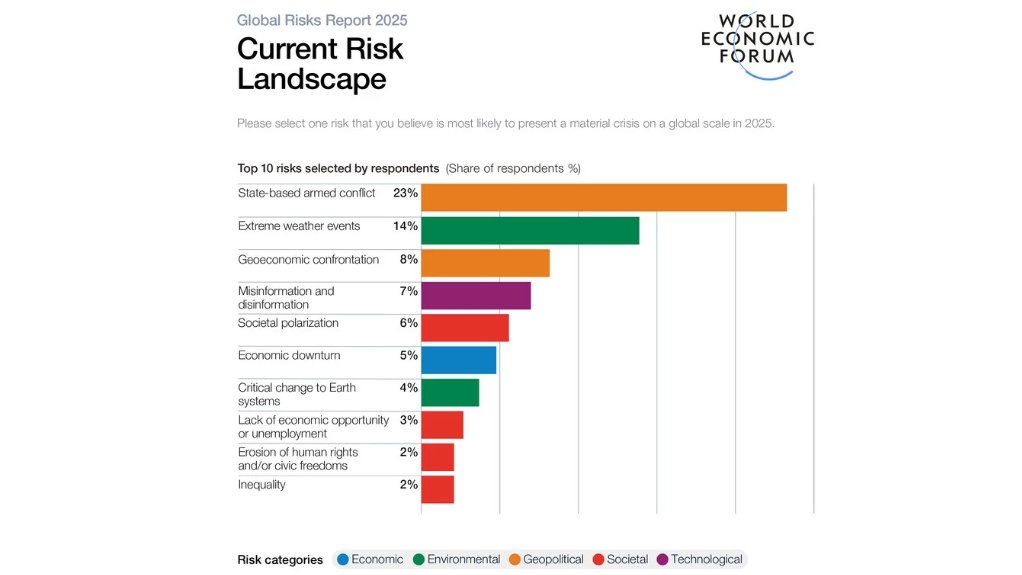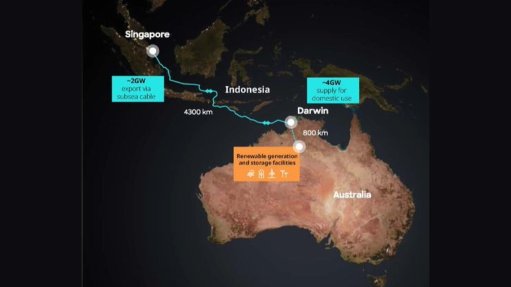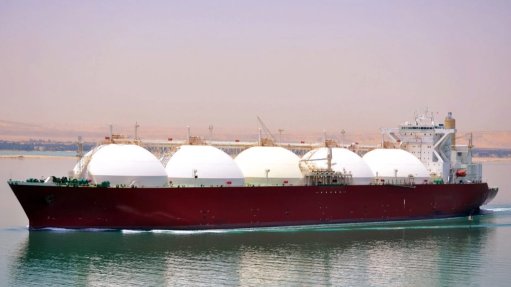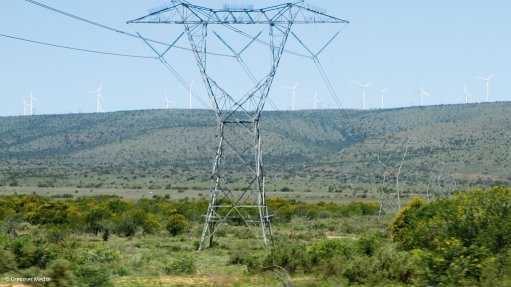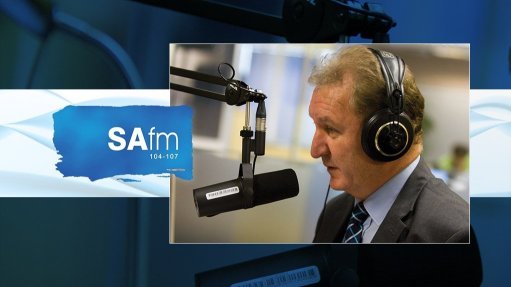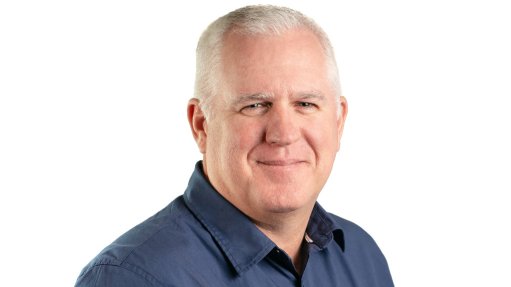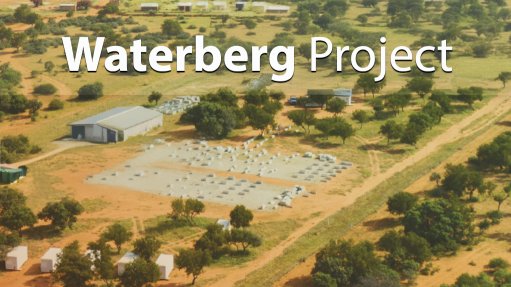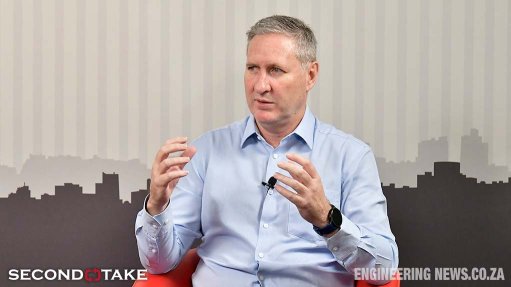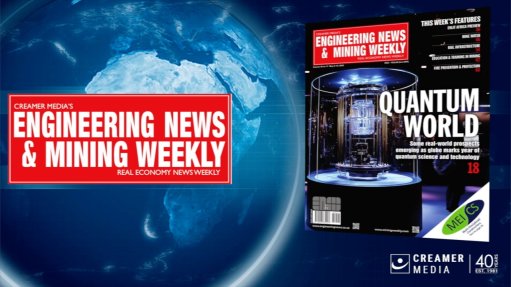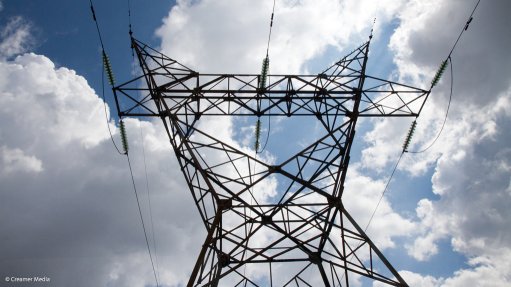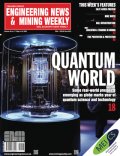Increasingly fragile global landscape demands resilience, sustainable solutions - WEF
The World Economic Forum (WEF) finds in its latest ‘Global Risks’ report that the global landscape has become increasingly fractured, with escalating geopolitical, environmental, societal and technological challenges threatening stability and progress.
The twentieth edition of the report confirms that, while economic risks have less immediate prominence in this year’s survey results, they remain a concern, interconnected with societal and geopolitical tensions.
The WEF identifies in the report, which draws on the views of over 900 global risks experts, policymakers and industry leaders, State-based armed conflict as the most pressing immediate global risk for this year, with nearly one-quarter of respondents ranking it as the most severe concern for the year ahead.
Misinformation and disinformation remain top short-term risks for the second consecutive year, underlining their persistent threat to societal cohesion and governance by eroding trust and exacerbating divisions within and between nations.
Other leading short-term risks include extreme weather events, societal polarisation, cyber-espionage and warfare.
Environmental risks dominate the longer-term outlook, with extreme weather events, biodiversity loss and ecosystem collapse, critical change to Earth systems and natural resources shortages leading the ten-year risk rankings.
The fifth environmental risk in the top ten is pollution, which is also perceived as a leading risk in the short term. Its sixth-place ranking in the short term reflects a growing recognition of the serious health and ecosystem impacts of a wide range of pollutants across air, water and land.
Overall, the WEF reports that extreme weather events are being prominently considered as immediate, short-term and long-term risks.
The long-term landscape is also clouded by technological risks related to misinformation, disinformation and adverse outcomes of AI technologies.
"Rising geopolitical tensions and a fracturing of trust are driving the global risk landscape. In this complex and dynamic context, leaders have a choice: to find ways to foster collaboration and resilience, or face compounding vulnerabilities,” says WEF MD Mirek Dušek.
FRAGILE FUTURES
The 'Global Risks' report further finds that respondents are far less optimistic about the outlook for the world over the longer term than the short term. Nearly two-thirds of respondents anticipate a turbulent or stormy global landscape by 2035, driven in particular by intensifying environmental, technological and societal challenges.
More than half of respondents expect some instability within two years, reflecting the widespread fracturing of international cooperation.
Long-term projections signal even greater challenges as mechanisms for collaboration are expected to face mounting pressure.
Societal risks such as inequality and societal polarization feature prominently in both short- and long-term risk rankings.
Rising concerns about illicit economic activity, mounting debt burdens and the concentration of strategic resources highlight vulnerabilities that could destabilise the global economy in the coming years, the WEF says.
All these issues risk exacerbating domestic instability and eroding trust in governance, further complicating efforts to address global challenges.
All 33 risks in the report’s ranking increase in severity score over the longer term, reflecting respondents’ concerns about the heightened frequency or intensity of these risks as the next decade unfolds.
"From conflicts to climate change, we are facing interconnected crises that demand coordinated, collective action. Renewed efforts to rebuild trust and foster cooperation are urgently needed. The consequences of inaction could be felt for generations to come,” notes WEF global risks initiative head Mark Elsner.
As divisions deepen and fragmentation reshapes geopolitical and economic landscapes, the need for effective global cooperation has never been more urgent.
Yet, with 64% of experts anticipating a fragmented global order marked by competition among middle and great powers, multilateralism faces significant strain.
However, turning inward is not a viable solution, WEF says, adding that the decade ahead presents a pivotal moment for leaders to navigate complex, interconnected risks and address the limitations of existing governance structures.
The forum recommends that nations rebuild trust, enhance resilience and secure a sustainable and inclusive future for all, to prevent a downward spiral of instability. To this end, countries should prioritize dialogue, strengthen international ties and foster conditions for renewed collaboration.
Comments
Press Office
Announcements
What's On
Subscribe to improve your user experience...
Option 1 (equivalent of R125 a month):
Receive a weekly copy of Creamer Media's Engineering News & Mining Weekly magazine
(print copy for those in South Africa and e-magazine for those outside of South Africa)
Receive daily email newsletters
Access to full search results
Access archive of magazine back copies
Access to Projects in Progress
Access to ONE Research Report of your choice in PDF format
Option 2 (equivalent of R375 a month):
All benefits from Option 1
PLUS
Access to Creamer Media's Research Channel Africa for ALL Research Reports, in PDF format, on various industrial and mining sectors
including Electricity; Water; Energy Transition; Hydrogen; Roads, Rail and Ports; Coal; Gold; Platinum; Battery Metals; etc.
Already a subscriber?
Forgotten your password?
Receive weekly copy of Creamer Media's Engineering News & Mining Weekly magazine (print copy for those in South Africa and e-magazine for those outside of South Africa)
➕
Recieve daily email newsletters
➕
Access to full search results
➕
Access archive of magazine back copies
➕
Access to Projects in Progress
➕
Access to ONE Research Report of your choice in PDF format
RESEARCH CHANNEL AFRICA
R4500 (equivalent of R375 a month)
SUBSCRIBEAll benefits from Option 1
➕
Access to Creamer Media's Research Channel Africa for ALL Research Reports on various industrial and mining sectors, in PDF format, including on:
Electricity
➕
Water
➕
Energy Transition
➕
Hydrogen
➕
Roads, Rail and Ports
➕
Coal
➕
Gold
➕
Platinum
➕
Battery Metals
➕
etc.
Receive all benefits from Option 1 or Option 2 delivered to numerous people at your company
➕
Multiple User names and Passwords for simultaneous log-ins
➕
Intranet integration access to all in your organisation



